Alsic - Lidilem - Icare International onsite conference
at University Grenoble Alpes (France), June 12–14, 2024
Languages of the conference: English and French
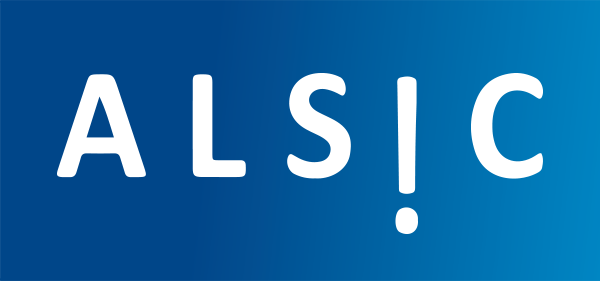
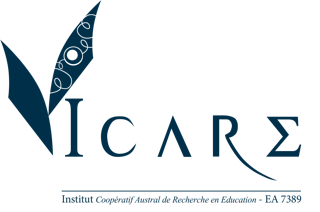
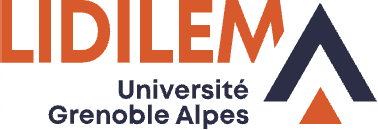
Agency, engagement and learning in technology-based language pedagogy
The dimensions of engagement and agency are garnering increased interest among researchers in the field of foreign language teaching and learning. The purpose of this conference is to shed light on these two notions in relation to digital contexts, both within and outside the confines of (language) learning programs.
Engagement is crucial for learning in formal education contexts because it is correlated with skillbuilding and scholarly success (Fredricks et al., 2016), and plays an important role in learner satisfaction and persistence. This is why curriculum designers, teachers, tutors, and researchers are interested in the factors that foster engagement, its effects, and the methods and indicators that make it possible to observe it (Halverson & Graham, 2019). Whether in the domain of languages (Zhou et al., 2021) or in the wider realm of education as a whole, engagement is considered to be a multidimensional construct made up of but not limited to cognitive, behavioral, and emotional components (Fredricks et al., 2004). Engagement, therefore, is defined as the attitude, behavior, and effort that a person applies to a pedagogical task or more broadly to their studies.
Within language programs that rely heavily on technology, such as hybrid or blended learning environments, practitioners and researchers see a double relationship between context and engagement. On the one hand, one reason why these environments are implemented may be to foster learner engagement by taking advantage of all that digital, remote, in-person, synchronous, and asynchronous environments have to offer (Halverson & Graham, 2019). On the other hand, it has been pointed out many times that although these programs have the potential to favor and accompany learning, it still falls upon the learner to take responsibility and engage in the learning process (Nissen, 2019).
Agency is a related notion that has a more proactive orientation than engagement. Reeve & Tseng (2011) and Reeve & Shin (2020) establish a link between the two by identifying agency as a dimension of agentic engagement. Agency is related to, and even in competition with, other notions such as collaborative learning, autonomy, and empowerment.
Bandura considers that “to be an agent is to make things happen intentionally by one’s actions,” and that this allows learners to “play a role in their personal development, adaptation, and renewal over time” (Bandura, 2001, p. 2).
This interest in agency can be reconciled with the desire of the Common European Framework of Reference for Languages (Council of Europe, 2001, 2020) to consider learners and language users as “social actors,” and with different pedagogical approaches that aim to emancipate learners, such as task-based language teaching as defined by Long (2015), or Thorne et al.’s (2021) invitation to rewild education.
The question of agency merits even greater attention with the rise of digital technologies that allow people to become (social) agents of their own learning, both within and outside of formal education contexts. Learners can, at least in theory, construct their own learning while setting objectives, making decisions, and planning and executing their actions. They can use multiple resources, mobilize a diverse set of people and use digital tools. They can evaluate their choices, the resources and tools used, and their actions in order to achieve success in their learning and experience the feeling of having been agents, either personally or as part of a community. Through their online contributions on participatory and community-based websites, learners can also have an impact on the world outside of the educative system as agents and citizens who are engaged, ethical and responsible (Caws et al., 2021; Ollivier et al., 2023; Thorne et al., 2021).
The conference will address various questions raised by the promotion of agency and engagement in language teaching and learning, either within or outside of formal education contexts and with different degrees of mediation: distance learning, blended learning, in-person learning with digital technologies, etc.
- Theoretical/epistemological dimensions
- Factors and facets of engagement and agency related to language teaching and learning
- Relationships between agency, engagement and autonomy, or even empowerment, in language teaching and learning
- Agency among language learners or students of language pedagogy
- Being an actor of one’s own learning in formal informal contexts: why? how? with what tools or help? to what effect?
- What individual learner trajectories exist within teaching and learning contexts or within personal learning environments? What factors determine these trajectories? What kind of skills development is going on?
- Support for developing agency and engagement among language learners or students of language pedagogy
- What support is offered or identified as important for the development of agency and engagement among learners (mentoring, tutoring, etc.)?
- What pedagogical approaches favor agency and/or engagement?
- What elements of learning scenarios support engagement among learners?
- What agency-related support should be proposed in formal contexts in order to favor engagement and learning in informal settings (for example training and supporting learners who will have to carry out administrative tasks)?
- The social dimension of language learning (establishment of learning communities, social presence, social interactions, etc.) and its relationship with agency and engagement among learners
- How should (future) teachers be trained to favor agency and engagement among learners in digital environments?
- Agency among users
- Acting upon the world: factors that facilitate agency—both individual and collective—and the effects of online participation on agency
- Being a responsible and critical actor in a foreign language, and not just a learner, both within and outside of learning programs
- What place does social activism have in language teaching and learning?
- Methodology
- How can agency and engagement be observed and analyzed in language teaching and learning contexts?
This list of questions is not exhaustive. All proposals related to the conference themes are welcome.
Languages: English and French
Submission of proposals: until December 8th, 2023 (title, name of authors, institutional affiliation, 4,000–5,000-character abstract and a maximum of five bibliographical references)
Bibliography
Bandura, A. (2001). Social cognitive theory: An agentic perspective. Annual Review of Psychology, 52, 1–26. https://doi.org/10.1146/annurev.psych.52.1.1
Caws, C., Hamel, M.-J., Jeanneau, C., & Ollivier, C. (2021). Formation en langues et littératie numérique en contextes ouverts – Une approche socio-interactionnelle. Editions des archives contemporaines. https://www.archivescontemporaines.com/books/9782813003911
Council of Europe (2001). Common European Framework of Reference for Languages: Learning, teaching, assessment. Cambridge University Press; Council of Europe. https://rm.coe.int/1680459f97
Council of Europe (2020). Common European Framework of Reference for Languages: Learning, Teaching, Assessment. Companion volume. Council of Europe. https://rm.coe.int/common-european-framework-of-reference-for-languages-learning-teaching/16809ea0d4
Fredricks, J. A., Filsecker, M., & Lawson, M. A. (2016). Student engagement, context, and adjustment: addressing definitional, measurement, and methodological issues. Learning and Instruction, 43, 1–4. https://doi.org/10.1016/j.learninstruc.2016.02.002
Fredricks, J. A., Blumenfeld, P. C., & Paris, A. H. (2004). School Engagement : Potential of the Concept, State of the Evidence. Review of Educational Research, 74(1), 59109. https://doi.org/10.3102/00346543074001059
Halverson, L.R., & Graham, C.R. (2019). Learner engagement in blended learning environments: A conceptual framework. Online Learning, 23(2), 145-178. https://doi.org/10.24059/olj.v23i2.1481
Long, M. H. (2015). Second language acquisition and task-based language teaching. John Wiley & Sons.
Nissen, E. (2019). Formation hybride en langues. Articuler présentiel et distanciel. Didier.
Ollivier, C., Jeanneau, C., & Projet e-lang citoyen (2023). Développer citoyenneté numérique et compétences langagières. Editions du Conseil de l’Europe. https://www.ecml.at/Portals/1/documents/ECML-resources/e-lang-citizen-FR.pdf
Reeve, J., & Shin, S.H. (2020) How teachers can support students’ agentic engagement, Theory Into Practice, 59(2), 150-161, https://doi.org/10.1080/00405841.2019.1702451
Reeve, J., & Tseng, C.-M. (2011). Agency as a fourth aspect of students’ engagement during learning activities. Contemporary Educational Psychology, 36(4), 257-267.
Thorne, S. L., Hellermann, J., & Jakonen, T. (2021). Rewilding Language Education: Emergent assemblages and entangled actions. The Modern Language Journal, 105(S1), 106–125. https://doi.org/10.1111/modl.12687
Zhou, T., & Zhang, W. (2022). Effectiveness Study on Online or Blended Language Learning Based on Student Achievement: A Systematic Review of Empirical Studies. Sustainability, 14(7303), 1-29. https://doi.org/10.3390/su14127303
With the support of

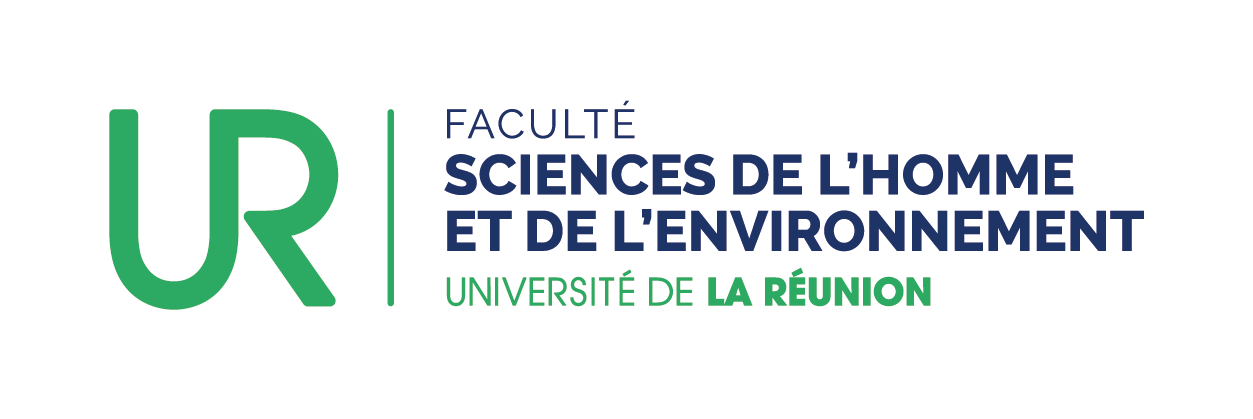
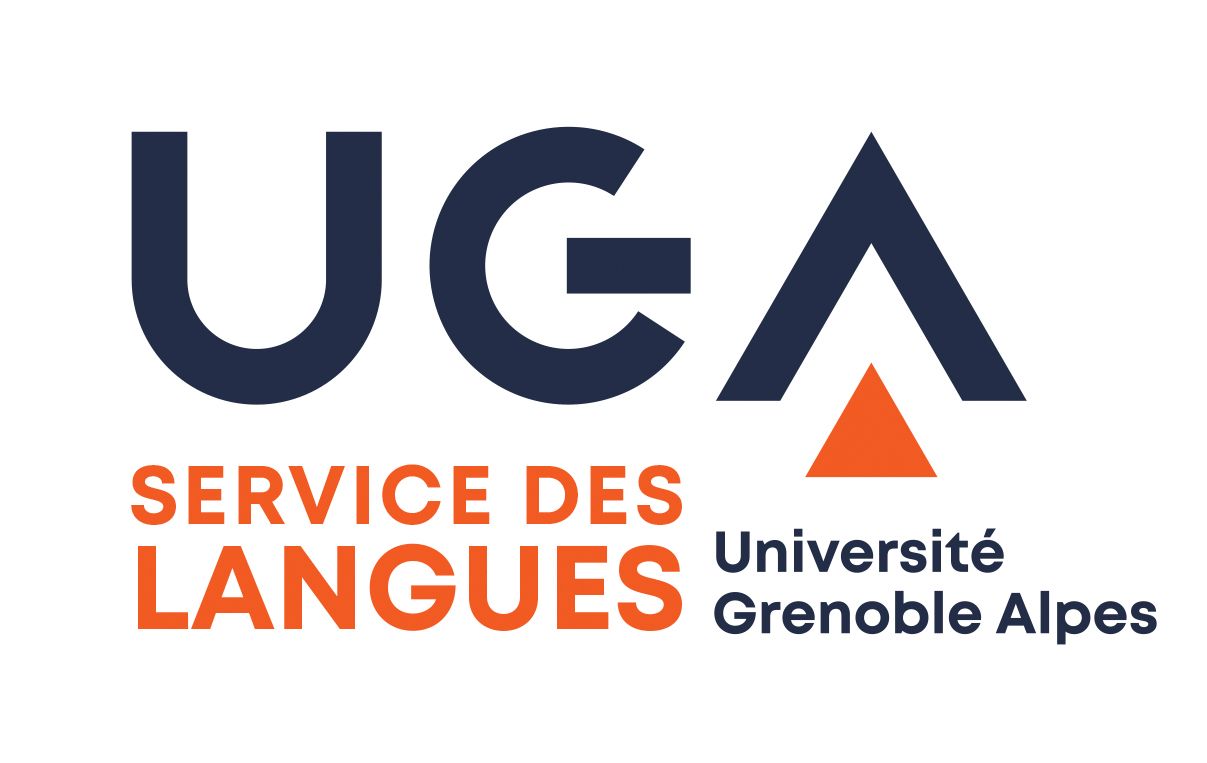 .
. 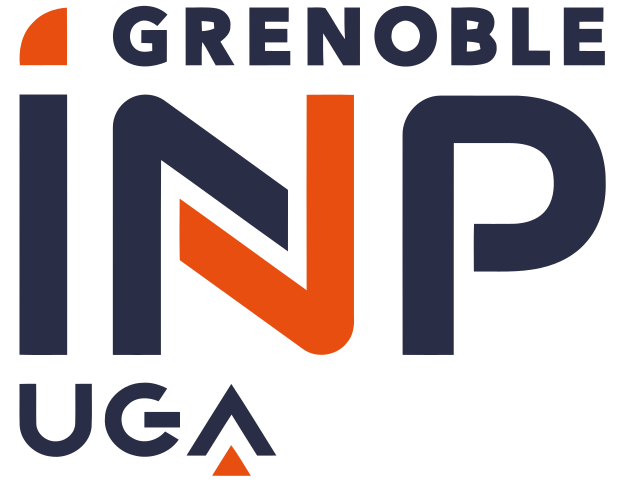


